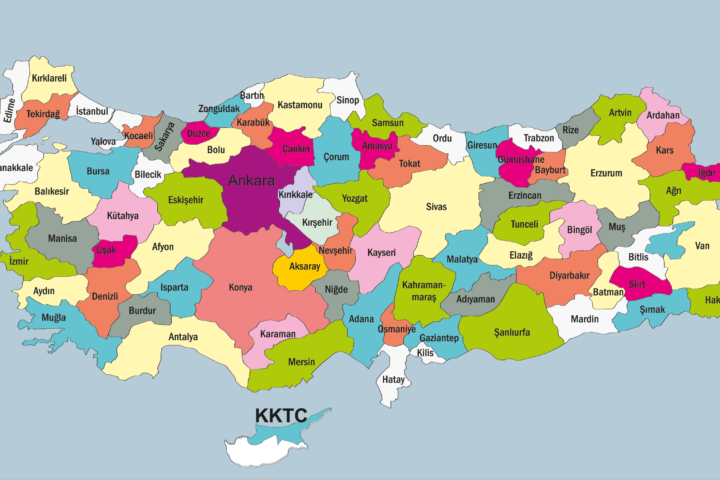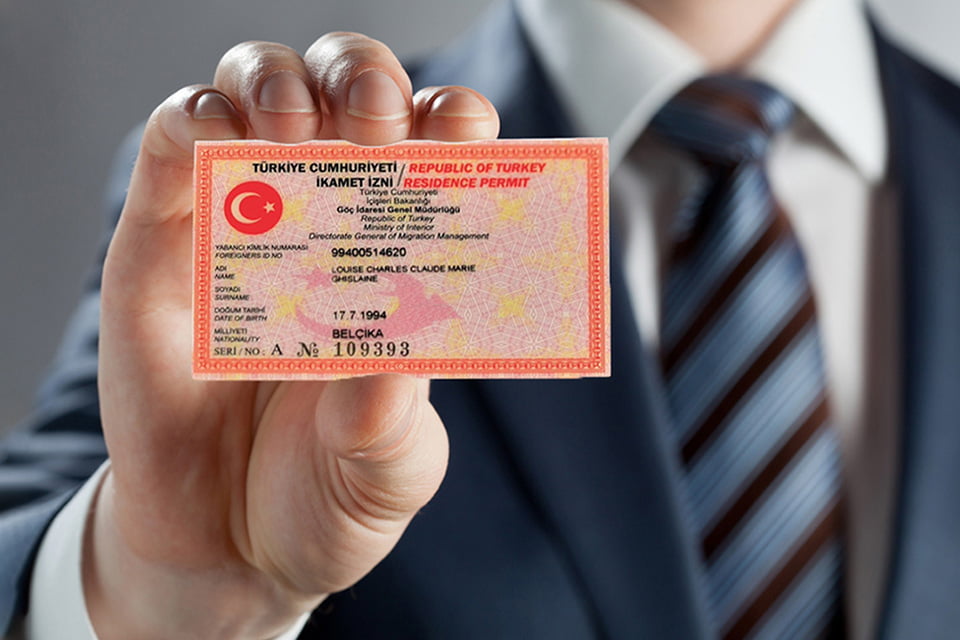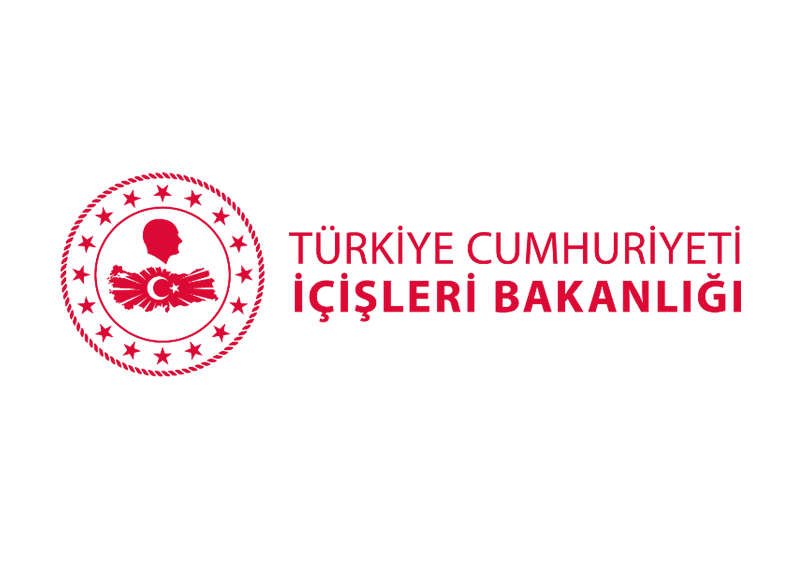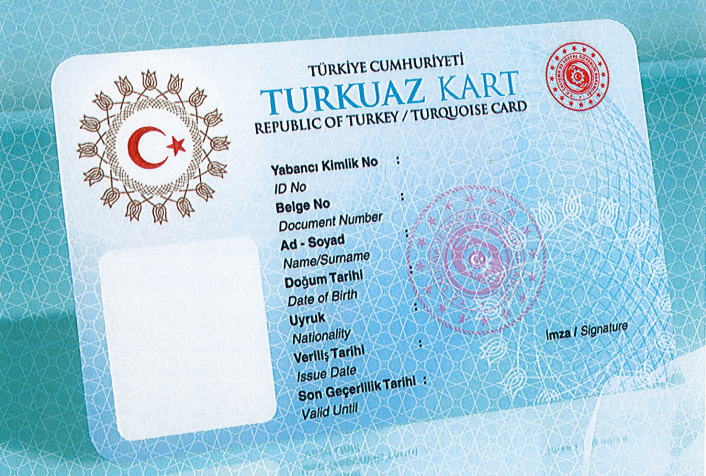The Turkish government has introduced restrictions on residence permit applications in certain neighborhoods with a high concentration of foreign residents. These measures aim to maintain a balance between the local and foreign populations in specific areas. To provide more information about the restrictions, this article discusses their background and implications for foreigners looking to apply for a residence permit in Turkey.
The government has released official announcements that list the closed neighborhoods. The Neighborhood Closure Announcement by the Immigration Office indicates that 1169 neighborhoods are currently closed to temporary protection registration, international protection registration, residence permit, temporary protection, or change of residence for foreigners within the scope of international protection and residence permit, with the exception of newborns and nuclear family reunification. Meanwhile, the Ministry of Internal Affairs announced that eight districts in Istanbul, including Küçükçekmece, Başakşehir, Bağcılar, Avcılar, Bahçelievler, Sultangazi, Esenler, and Zeytinburnu, are closed to all residence permit applications.
The 20% Foreigner Population Rule is the basis for these restrictions. Neighborhoods where the foreign population exceeds 20% of the total residents are subject to restrictions. New residence permit applications are not accepted, and rental contracts are not considered as part of the application process. This rule aims to prevent an excessive concentration of foreigners in certain areas, promoting better social integration and cultural balance within neighborhoods.
Foreigners who plan to apply for a residence permit in Turkey must be aware of these restrictions when seeking accommodation. If a rental contract is in a restricted area, the application will be denied. Therefore, it’s crucial to research and find suitable neighborhoods that are not subject to these restrictions. It’s also important to stay informed about the latest announcements and changing regulations, as these restrictions and regulations may change over time.






